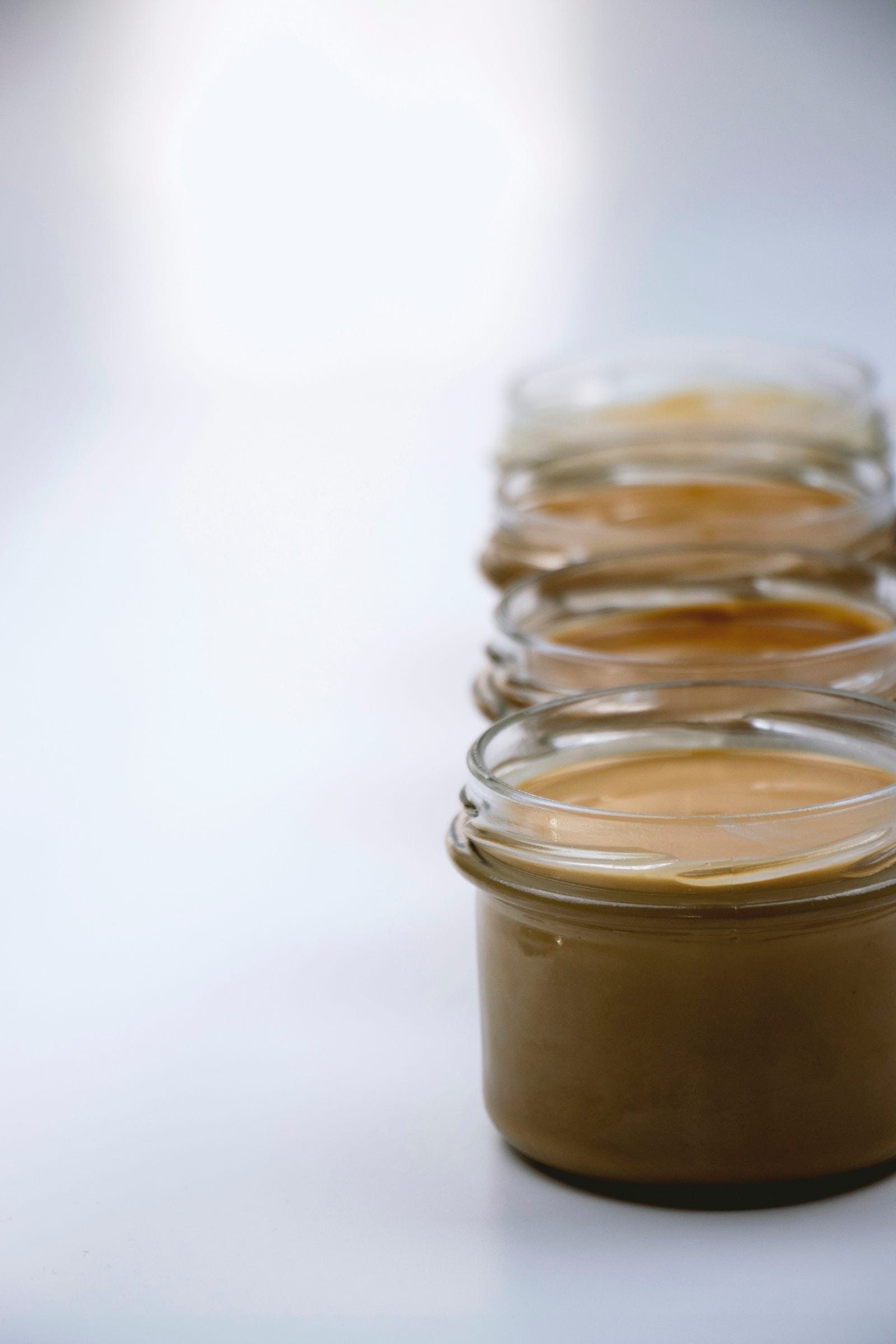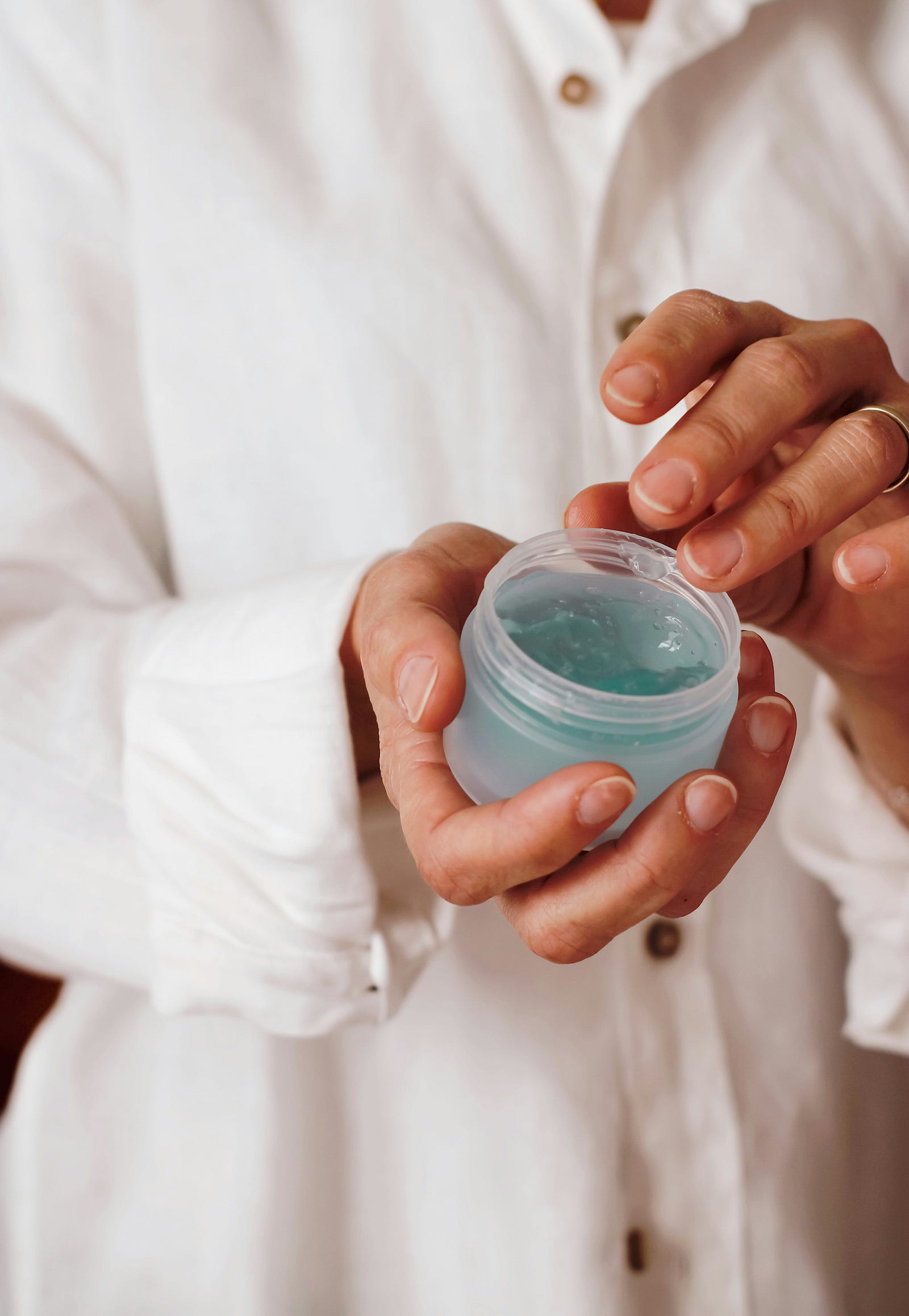CERTAIN FOOD ADDITIVES, SUCH AS EMULSIFIERS FOUND in things such as processed foods, are linked to a higher risk of cancer and other health problems. Today, we explore food emulsifiers and health.
Ever wonder why your favorite snacks like ice cream, chocolate, cookies, and creamy sauces stay so smooth and last a long time? Well, that’s thanks to emulsifiers.
But do emulsifiers pose a health risk?
Join me as I unravel the science behind our kitchen ingredients and their potential link to one of the most dreaded diseases of our time.
Fast facts
In case you don’t want to read the whole essay, here are some key takeaways:
- A new study shows that premenopausal breast cancer risk is associated with high consumption of certain emulsifiers. These include diphosphates, pectins, and sodium bicarbonate.
- The European Food Safety Authority recently discovered no safety issues with the emulsifier E471 (mono- and di-glycerides of fatty acids).
- Even though emulsifiers are just a small part of our food, our diets nowadays include many packaged and processed stuff, meaning we consume more emulsifiers than before. That’s why paying attention to what you eat is important.
What are emulsifiers?
These sneaky additives are like kitchen superheroes — they prevent the oil and water in foods like mayonnaise, peanut butter, and baked goods from splitting apart.
Not only do emulsifiers keep things well-mixed, but they also give these treats their yummy texture and make them last longer on the shelf.

So, the next time you enjoy your favorite snack, you might have emulsifiers to thank for keeping everything perfectly blended.
Emulsifier types
Many of the processed foods we eat have emulsifiers to keep everything mixed together.
Some common ones you might see on ingredient lists include:
- soy lecithin
- carrageenan
- mono- and diglycerides
- carboxymethylcellulose
- polysorbate.
Skincare product emulsifiers include
- sodium lauryl sulfate,
- benzalkonium chloride
- Cetearyl alcohol
- stearic acid
- glyceryl stearate
- ceteareth-20.
Emulsifier type details
With help from the good folks at WebMD, let’s break it down a bit. Lecithins, which come from soybeans and egg yolks, are often in salad dressings, baked goods, and chocolates.
Fatty acids, taken from vegetable oils or sometimes animal fats, are another source of emulsifiers.

Ice creams and cakes often have emulsifiers from fatty acids. Synthetic emulsifiers from glycerol can be found in bread and margarine.
Essentially, emulsifiers are the behind-the-scenes helpers that keep our food and skincare products from separating.
Emulsifiers and health
However, recent concerns have surfaced as scientific investigations delve into their potential impact on our health.
Emulsifiers, found in many kitchen staples, have been under scrutiny for their connection to chronic inflammation and, more alarmingly, their potential role in increasing the risk of cancer.
While our shopping carts are convenient, could these seemingly harmless kitchen companions be clandestine culprits in the complex story of cancer development?
Here is my exploration of the enigmatic emulsifier’s crux: is there a health connection?
A new study – Food emulsifiers and health
Researchers took a close look at a huge study called NutriNet-Santé to figure out if certain stuff added to our food, like emulsifiers (those things often in processed foods), might make it more likely for people to get cancer.
They wanted to see if eating these additives could increase the risk of cancer in a really big bunch of folks.

The scientists found a link between eating more carrageenans and certain fatty acids (called mono- and diglycerides) and a higher risk of overall breast and prostate cancer.
The study needs validation. Still, we have new information about how emulsifiers in our food might be connected to cancer risk.
How much of a cancer risk are emulsifiers?
Is the cancer risk from emulsifier consumption negligible?
Higher intakes of mono- and diglycerides of fatty acids (FAs) (E471) were associated with higher risks:

- Breast cancer risk went up by about 1.2 times.
- Prostate cancer risk went up by about 1.5 times.
- Overall, cancer risk went up by 1.15 times.
The researchers found no association between emulsifiers and colorectal cancer risk.
Other health risks of emulsifiers
A 2021 study discovered that emulsifiers can increase the chances of inflammation in our intestines.
Two emulsifiers — carboxymethylcellulose and polysorbate 80 — were found to mess with the good bacteria in our gut and make inflammation more likely.

A 2015 research investigation showed that emulsifiers increase the risk of inflammatory bowel diseases like Crohn’s and ulcerative colitis.
Emulsifiers can also lead to serious conditions like type 2 diabetes and problems with our heart and liver.
However, we still need more research to understand fully how these emulsifiers affect our health. It’s a good idea to steer clear of processed and packaged foods with these synthetic emulsifiers until we know more.
Actionables: What can you do?
When it comes to the food you eat, the U.S. Food and Drug Administration (FDA) makes sure that all the ingredients, including emulsifiers, are listed on the packaging.
So, when shopping, ensure your product has emulsifiers approved by the FDA and is “generally recognized as safe.”

But here’s the catch: when it comes to stuff like skin moisturizers, perfumes, makeup, and other personal care items, the rules are a bit looser.
Unlike food, these products don’t need pre-approval from the FDA before hitting the shelves.
It’s up to you to be a smart shopper. Check out the ingredients and make sure you’re getting quality skincare products.
Kitchen Ingredients or Cancer Culprits? The Emulsifier Connection
I am working hard to avoid heavily processed foods.
Emulsifiers are ubiquitous, and their use has roughly paralleled increased problems such as inflammatory bowel disease.
Will I eat the occasional ice cream? Yes, but I will certainly be more conscious of heavily processed foods.
We need more experimental and epidemiological studies.
Thank you for reading “Kitchen Ingredients or Cancer Culprits? The Emulsifier Connection.”




